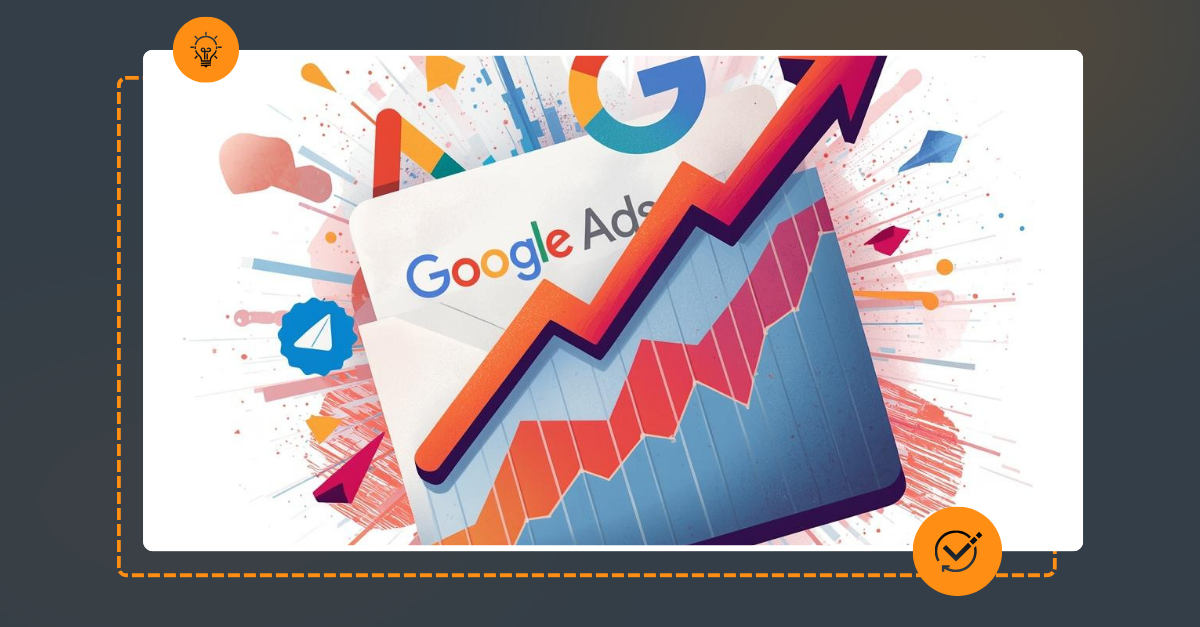SEARCH ENGINE OPTIMIZATION
Elevate Your Website’s Visibility with Comprehensive SEO Services
Break growth barriers fast with dedicated, cross-industry SEO experts.
Search engine optimization transforms your website into a lead-generation powerhouse by connecting you with high-intent prospects actively seeking your solutions.
SEO services have created valuable opportunities for…

Revenue Acceleration

Competitive Dominance

Sustainable Growth
Your SEO Pain Points
Struggling with stagnant organic traffic despite publishing content regularly? Watching competitors rank for your most valuable keywords while your pages sit on page three? Many businesses invest in SEO without seeing tangible returns because they lack the strategic expertise to align technical optimization, content creation, and authority building. Without a cohesive approach rooted in your specific market dynamics and revenue goals, search remains an underutilized channel.

Unlock High-Intent Organic Traffic That Converts
Your business isn't a template; your SEO strategy shouldn't be either. At Symphonic Digital our seo strategists learn the nuances of your market, tech stack, and revenue goals, whether scaling a 10,000-SKU eCommerce catalog or accelerating a high-growth SaaS pipeline. You receive a technical and competitor audit, data-driven keyword map, and step-by-step action plan that converts search intent into profit. Every recommendation aligns with your resources and internal workflows, ensuring content teams, developers, and stakeholders know exactly what to do next.
How It Happens
(1)
Audience & Intent Mapping
Dig into CRM data, and persona research to reveal the exact phrases buyers type before purchase, targeting bottom-funnel product and solution queries that drive conversions..
(2)
AI-Powered Question Mining
Leverage large-language-models (like ChatGPT), AI Overviews, People-Also-Ask boxes, forums, and reviews, to uncover the questions your content needs to answer for maximum visibility.
(3)
Opportunity Alignment
Each high-value query links straight to a solution or product page, channeling authority where revenue happens and ensuring every optimization effort drives business outcomes..
(4)
Precision Technical Optimizations
Schema, technical fixes, and on-page refinement lift those pages above competitors.
(5)
Revenue Tracking
Real-time dashboards split branded vs. non-brand gains, tying every organic visit to pipeline and profit.
(6)
Strategic Content Developmentns
Create conversion-focused copy, structured data, and user experience refinements that turn search visibility into qualified leads.


Scale on Your Terms—Full-Service, In-House Boost, or White-Label

You steer big-picture goals; dedicated specialists run monthly or weekly sprints, deliver clear roadmaps, and surface ROI every cycle. Each engagement is guided by senior consultants with a decade-plus of eCommerce, SaaS, and B2B search wins who work alongside your team for the long haul.

Your in-house SEOs delegate the backlog; proven experts tackle technical fixes, content optimizations, and link outreach with no extra headcount. You get agile sprints, tested playbooks, and ongoing knowledge transfer that sharpens in-house skills while compounding organic gains quarter after quarter.

You add premium SEO under your own brand. You focus on your big-picture goals and our seasoned seo experts handle execution, reporting, and client communication while you keep the margin. UUou stay agile, control costs, and scale results.
Platforms and Channels We Optimize For






How it works
Getting Started: A Three-Phase Execution Plan
.png)

What We Can Do
White Label SEO
Our White Label SEO solutions empower agencies with seamless, scalable, and data-driven optimization services. Whether you need full-service SEO support or specialized expertise, we integrate directly into your workflow to deliver results under your brand.
Our services include:
Learn more about how we support agencies on our For Agencies page or explore the pros and cons of White Label SEO.

Frequently Asked Questions
Most clients see initial improvements in 3-4 months, with significant ranking gains and traffic increases typically emerging within 6-12 months as technical fixes, content optimizations, and authority building compound.
Yes, our agency partnership program allows you to offer premium SEO services under your brand while we handle execution, reporting, and client communication seamlessly.
We specialize in eCommerce, SaaS, and B2B companies looking to scale organic revenue, though our strategies adapt to any business seeking sustainable, high-intent traffic growth.
Absolutely. Our capacity boost model is designed to complement internal teams, handling backlog items and specialized tasks while transferring knowledge to strengthen your team's capabilities.
We optimize for multiple search platforms including Bing, ChatGPT, YouTube, AI visibility, voice search platforms, and local directories to maximize your overall search visibility.




.png)
.png)


.jpg)

.png)






